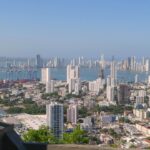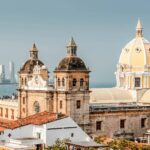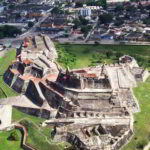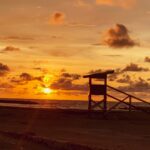Enjoying with Respect: Natural Park Regulations
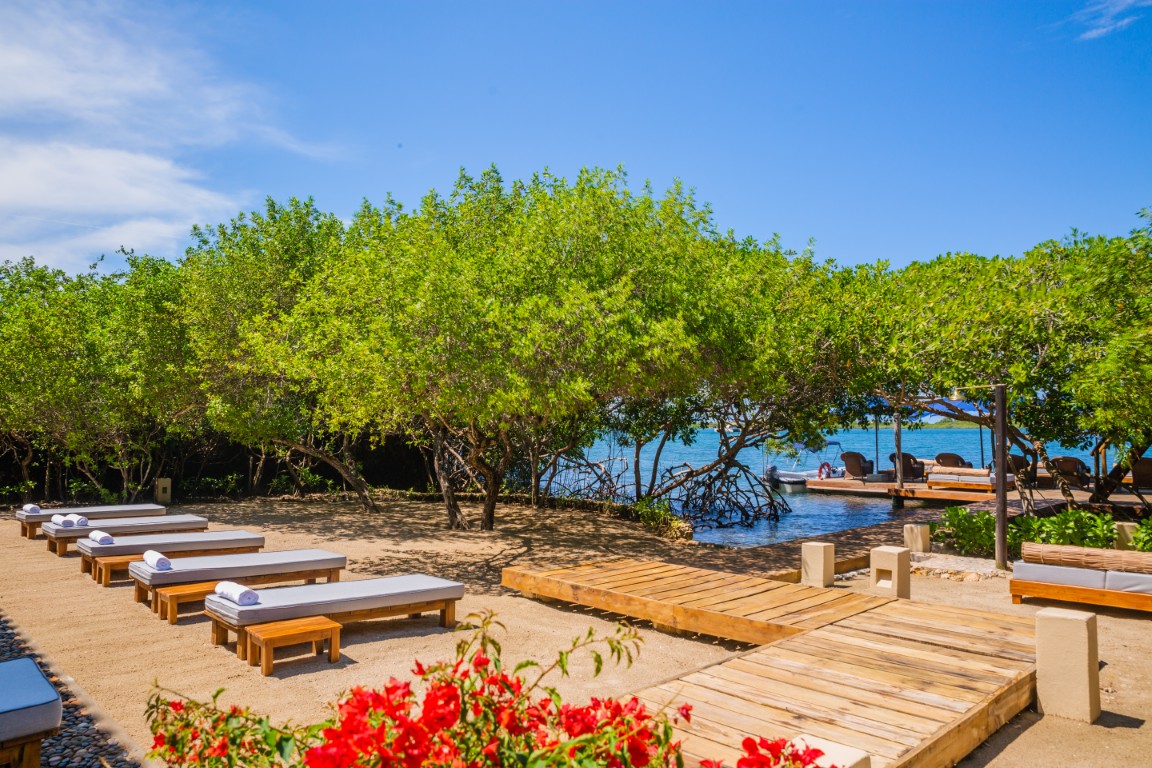
Responsible tourism
Dear guests, due to concerns about the unsustainable development of tourism activities that have negatively impacted the natural dynamics and local practices in the areas of Los Corales del Rosario and San Bernardo National Natural Park, especially on Baru Island, where our hotel is located, we recommend compliance with this guide in order to preserve the unique beauty of this region and promote responsible tourism.
Your commitment to respect and comply with the rules is essential to preserve the environment and biodiversity. Enjoy your visit in a responsible and sustainable way!
Los Corales del Rosario y de San Bernardo National Natural Park
Hotel Agua Baru is part of the National Natural Park Los Corales del Rosario and San Bernardo, areas protected by the National Natural Parks of Colombia; for this reason we invite all our guests to respect and comply with the rules for the preservation of the environment and biodiversity.
The following is a brief account of some of the prohibitions, limitations and most relevant aspects to be taken into account according to the rules of Decree 1076 of 2015 and other protection rules for Natural Parks and other entities:
Penalties, fines and arrests
If a person is caught performing any of these activities, he/she may face fines, community work orders, comparendos, sanctions or even be arrested. Such sanctions may be directed in accordance with the provisions of the National Police Code or the applicable regulations regarding administrative sanctions.
The environmental authorities may impose any or some of the following sanctions according to the characteristics of the offender, the type of infraction and the seriousness of the infraction:
- Daily fines up to five thousand (5,000) legal monthly minimum wages in force.
- Temporary or definitive closure of the establishment, building or service.
- Revocation or expiration of environmental license, authorization, concession, permit or registration.
- Demolition of the work at the violator’s expense.
- Definitive confiscation of specimens, exotic wildlife species, products and by-products, elements, means or implements used to commit the infraction.
- Restitution of specimens of wild fauna and flora species.
- Community work according to conditions established by the environmental authority.
Regulated in Decree 1076 of 2015 environment and development sector and Decree 622 of 1977 By which partially regulates: chapter V title II part XIII of Decree Law 2811 of 1974 on National Parks System, Law 23 of 1973 and Law 2 of 1959.
For more information:
Resolution number 587 of 2017 – Resolution 408 of 2015 – Management plan of the national natural park los corales del rosario y de san bernardo (2020 – 2025). Decree 1076 of 2015 – Law 1801 of 2016 – National Police Code.


